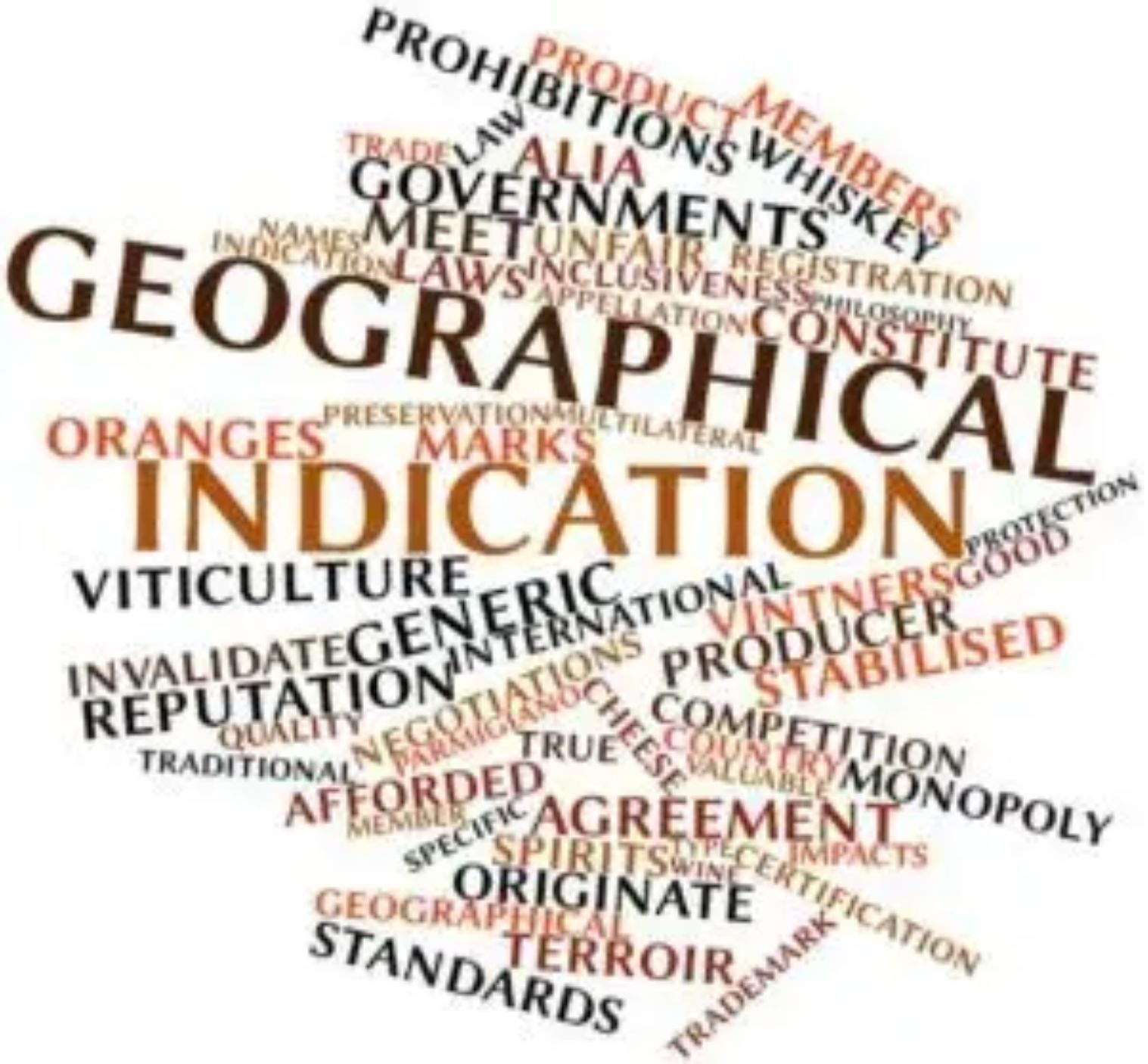Geographical Indication Filing in India: Preserving Cultural Heritage and Economic Value
Introduction
Geographical Indications Filing in India (GI) are a significant aspect of intellectual property rights that protect products originating from specific geographical locations, attributing them unique qualities and reputation linked to their origin. In India, GI registration offers legal protection against unauthorized use, ensuring the preservation of traditional knowledge and fostering economic opportunities for local communities.
Importance of Geographical Indications
Geographical Indications play a crucial role in safeguarding cultural heritage and promoting economic growth. By recognizing the origin-based qualities of products, GI registration helps:
-
Preserve Traditional Knowledge: It safeguards centuries-old techniques, methods, and practices unique to specific regions, ensuring their continuity and recognition.
-
Promote Local Economies: GI-tagged products often enjoy higher market value due to their authenticity and quality, benefiting local producers, artisans, and communities economically.
-
Ensure Quality Standards: GI registration involves stringent quality control measures, ensuring that only products meeting specific criteria can bear the prestigious geographical indication.
Geographical Indication Filing Process in India
The process of obtaining GI registration in India involves several steps:
-
Identification: The first step involves identifying the distinctive qualities, reputation, and other attributes that link the product to its geographical origin.
-
Formation of Association: Producers, farmers, or artisans from the concerned geographical area form an association or a group to represent their collective interests in obtaining GI protection.
-
Application Filing: The association files an application with the Geographical Indications Registry under the Ministry of Commerce and Industry, Government of India. The application includes detailed information about the product, its uniqueness, historical background, and evidence of its connection to the geographical location.
-
Examination and Publication: The Registry examines the application to ensure compliance with legal requirements. Upon acceptance, the application details are published in the Geographical Indications Journal for public opposition.
-
Opposition Period: There is a specified period during which any interested party can oppose the registration of the GI if they believe the criteria are not met or if they have conflicting rights.
-
Registration: If no valid opposition is received, or if opposition is successfully overcome, the GI registration is granted. The registered GI is then entered into the Geographical Indications Register.
-
Protection and Enforcement: Once registered, the GI is legally protected, and any unauthorized use of the GI or misleading practices can lead to legal action.
Examples of Geographical Indications in India
India boasts a rich cultural tapestry reflected in its diverse GI products, including:
-
Darjeeling Tea: Famous for its unique flavor and aroma, produced in the Darjeeling district of West Bengal.
-
Kanchipuram Silk Sarees: Renowned for their distinctive weaving patterns and traditional designs from Kanchipuram, Tamil Nadu.
-
Alphonso Mango: Known for its sweetness, richness, and aroma, cultivated primarily in the Konkan region of Maharashtra.
Conclusion
In conclusion, navigating the intricate process of Geographical Indication filing in India is crucial for preserving cultural heritage and unlocking economic potential.
At Akhildev IPR and Research Services, we understand the significance of protecting your unique products and traditions through robust intellectual property rights. Our expert team is dedicated to guiding you through every step of the GI registration process, ensuring compliance with legal requirements and maximizing the value of your geographical indication.
By choosing Akhildev IPR and Research Services for your GI filing needs, you can confidently safeguard your traditional knowledge, promote local economies, and secure a competitive edge in the marketplace. Contact us today to embark on the journey of preserving and promoting your cultural legacy with integrity and expertise






